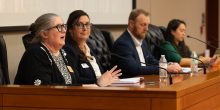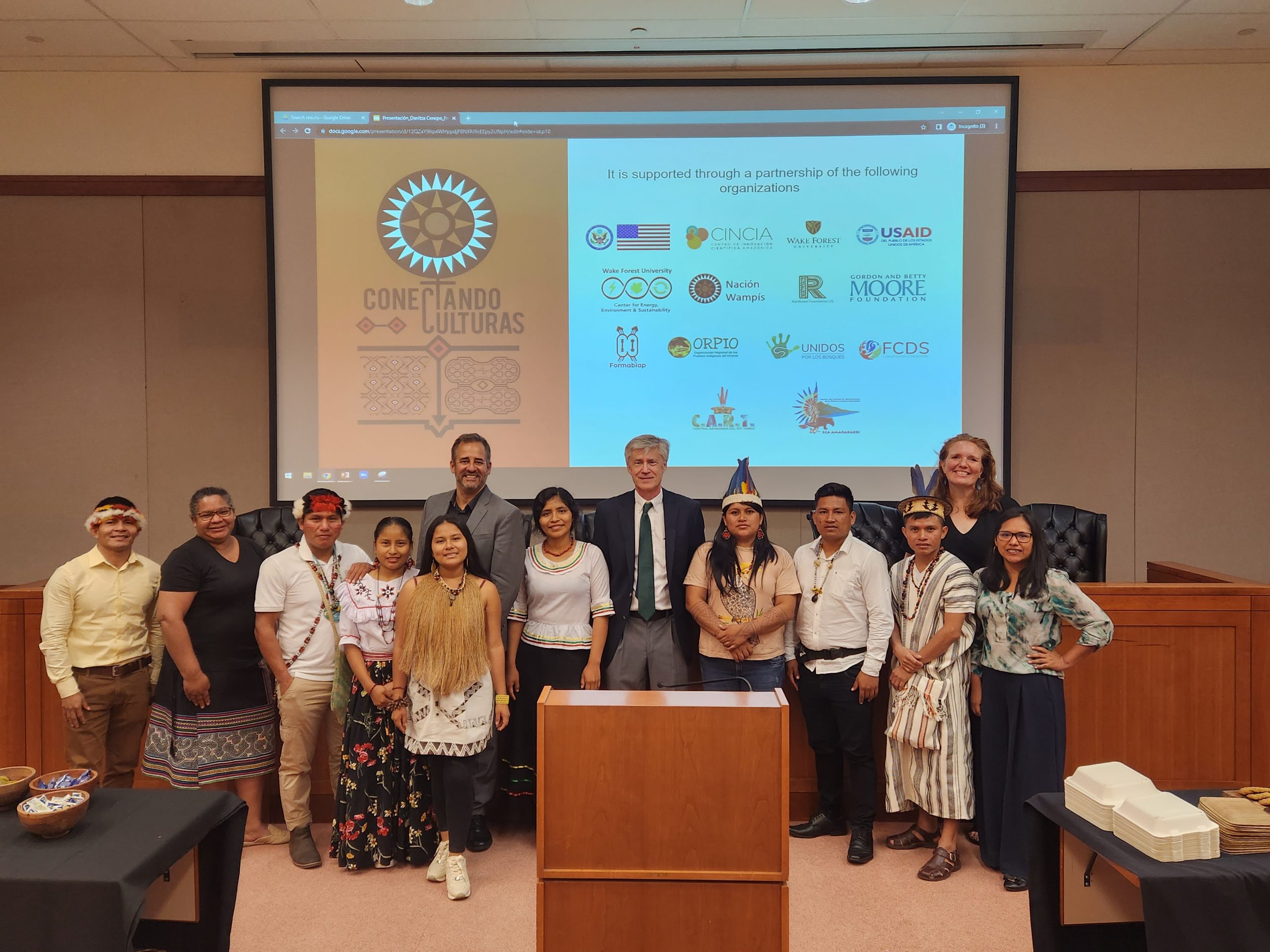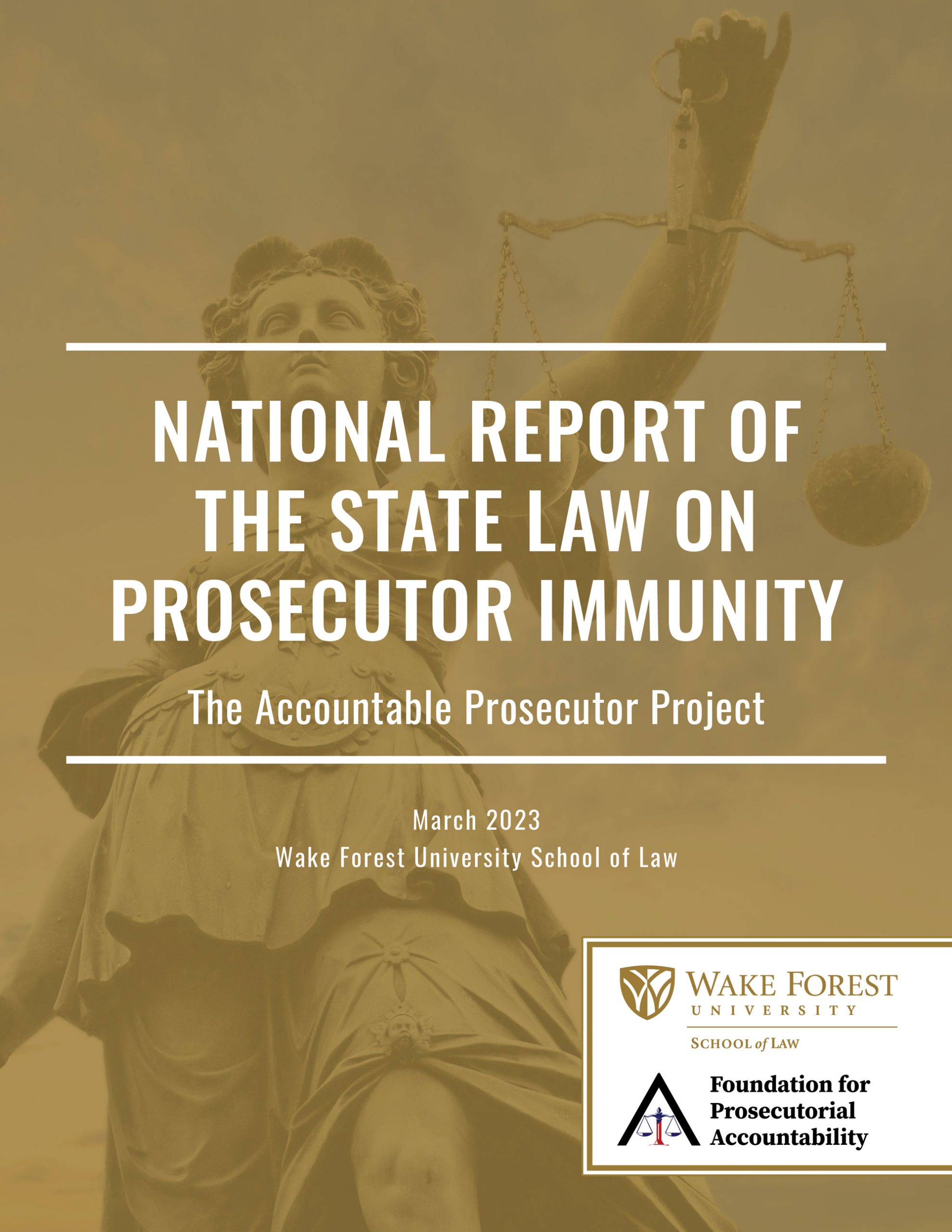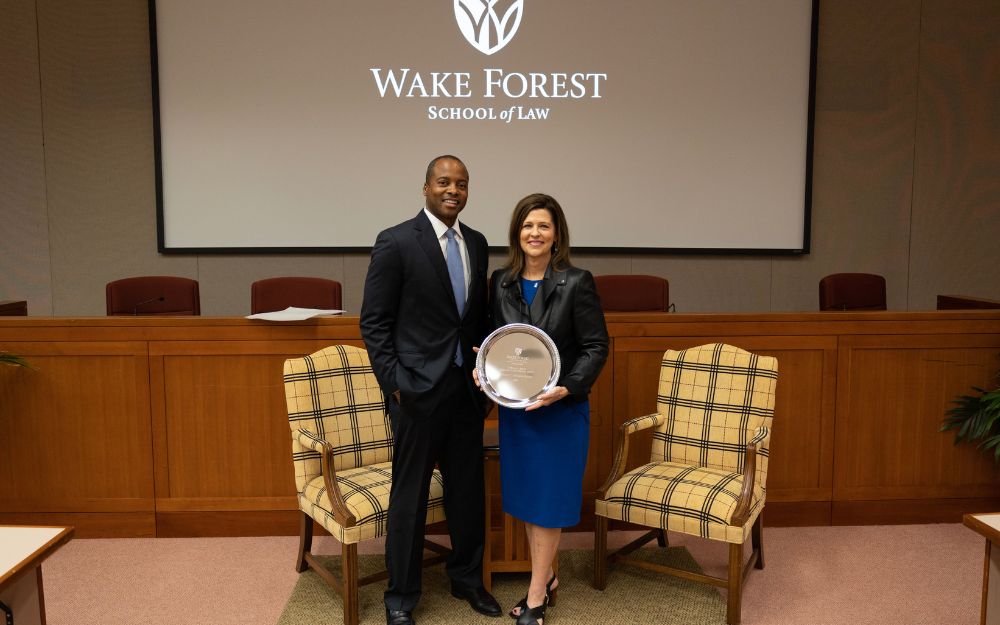
Politics, Policies, and Price Lists: Unpacking The Future of Death Care in America Symposium
Posted: May 2nd, 2024
The death of a loved one is often a person’s first encounter with the funeral industry. Focused on funeral arrangements and grieving—rightfully so—families are often unaware that behind every encounter with a funeral provider lies a litany of politics and policies guiding everything, including required pricing disclosure.
While much of the policies and politics governing death care were designed to protect traditional burials and funeral homes, there is increasing concern that the expansion of death care offerings and flawed rules prevent funeral home directors from effectively operating their businesses.
On Friday, March 1, 2024, the Wake Forest Law Review and the Cremation Association of North America (CANA) hosted The Future of Death Care in America Symposium at Worrell Professional Center, home of Wake Forest Law, to discuss the politics and policies facing death care in America today. The Symposium was also live-streamed via Zoom.
Cemetery, funeral, and property law expert Tanya Marsh, associate dean of academic affairs and professor at Wake Forest Law, conceived of the Symposium with the goal of bringing together different death care perspectives for the first time. “I speak often with those in the funeral industry and those leading funeral reform efforts,” says Professor Marsh, who teaches the only Funeral and Cemetery Law course in the country. “And although these folks come from different perspectives, I think there is more common ground than most people believe.” Professor Marsh emphasized that the Symposium would not have been possible without the generous support of the Cremation Association of North America. “Barbara Kemmis and I came up with the idea for the Symposium a year ago,” Professor Marsh says, “and I’m so grateful for CANA’s support to make it a reality.”
While at most events like this panels would consist solely of professors from institutions, The Future of Death Care in America Symposium was different because few academics specialize in death care.
Instead, Professor Marsh, along with Wake Forest Law 3Ls Grace Genereaux and Gabby Korb, contacted influential reformers with their distinct perspectives, leaders in the death care industry, and a few death care academics to serve as panelists.
The unique group of panelists also provided Professor Marsh with a unique teaching opportunity; she paired her students with the panelists to collaborate on an article centered around death care. The purpose was twofold: “Students had the opportunity to work with people in the real world on real-world legal issues and receive writing credit in a top law review,” Professor Marsh says.
The Symposium included a presentation delivered on abandoned cemeteries by Dr. Terry Brock from Wake Forest University’s Cultural Heritage & Archaeology Research Group (CHARG). The keynote speaker was funeral industry reform advocate Caitlin Doughty, a mortician, writer, and founder of the nonprofit The Order of the Good Death. It also included three panels: Regulating New Methods of Disposition, Licensing Funeral Directors, and Consumer Protection—The Future of the Funeral Rule.
The final panel, Consumer Protection—The Future of The Funeral Rule, gave panelists a forum to talk about ways the Funeral Rule affects consumers.
Funeral providers are mandated by the Federal Trade Commission (FTC) to abide by the Funeral Rule, which requires funeral providers to give consumers written price lists at particular times, and also mandates the disclosure of particular pieces of information regarding what the law does and does not require.
The FTC is considering changes to the Funeral Rule, including mandating that funeral providers post price lists online. To assist in revising the Rule, the FTC asked members of the industry and public to provide written comments.
Professor Marsh seized upon this opportunity to further the education of her Funeral and Cemetery Law students. The class discussed and analyzed the Funeral Rule and how it might be improved. Their insights contributed to written comments that she submitted to the FTC proposing changes to the Funeral Rule.
Professor Marsh and her class suggested a reconceptualization of the standard price list to help people with limited experience in the funeral industry better understand their options and prices, starting with Methods of Disposition. Each Method of Disposition is broken down by goods and services required by the funeral provider, the goods and services that may be required by a third party, and optional goods and services. They also suggested changing the wording of the Proposed Embalming Disclosure to make it clearer that embalming is not required by law, except in certain special cases.
Although Professor Marsh and her students have not heard back about their suggestions to the Funeral Rule, they remain hopeful that their recommendations will be seriously considered and implemented.
Wake Forest Law would like to give a special thanks to moderators Professor Philip Olson, Professor David Harrington from Kenyon College, and Tanya Marsh, panelists Professor Victoria Haneman from Creighton Law School, Barbara Kemmis from CANA, Katrina Spade from Recompose, Renee Flaherty from the Institute of Justice, Caressa Hughes from the Service Corporation International, Dr. Hari P. Close II from the National Funeral Directors and Morticians Association, Inc. (NFDMA), Isabel Knight from the National Home Funeral Alliance, Poul Lemasters from the International Cemetery, Cremation, and Funeral Association (ICCFA), Sarah Pojanowski from Selected Independent Funeral Homes, presenter Dr. Terry Brock, and keynote speaker Caitlin Doughty.
The Symposium panels, Abandoned Cemeteries presentation, and the keynote speech are available for viewing and listening here.















